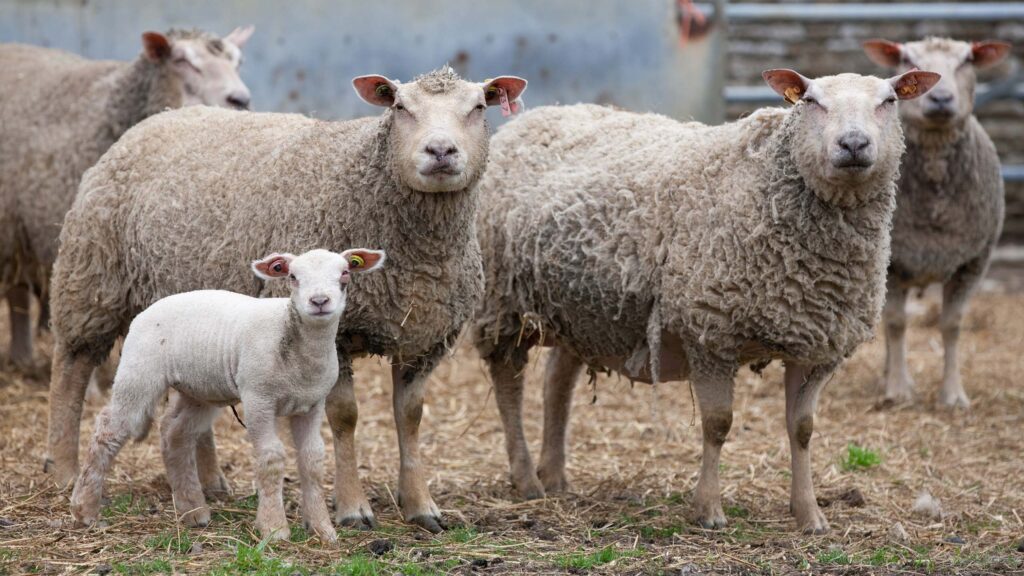Bluetongue vaccines approved in Wales
 © Tim Scrivener
© Tim Scrivener The Welsh government has approved the emergency use of three bluetongue vaccines from 1 March this year to help slow the spread of the virus.
Vaccines must be prescribed by a vet, but can be administered on farm by the farmer once the necessary guidance has been provided.
Welsh livestock producers will be expected to foot the bill for the cost of vaccinations and must also keep detailed records for a five-year period.
See also: Bluetongue cases hit 200 as zone extends in South West
The chief vet for Wales, Dr Richard Irvine, said: “This decision to licence these vaccines was informed by our recent risk assessment indicating that Wales is now at high risk of experiencing an incursion of bluetongue this year.
“Our primary aim is to keep bluetongue out of Wales through biosecurity, vigilance and safe sourcing of livestock.
“Wales remains free of BTV-3, but it is important to be prepared. Vaccines give Welsh farmers an important tool to reduce any impact of this disease in their herds and flocks.”
The three vaccines have been approved for use in England since August 2024.
Much of England remains in the bluetongue restricted zone, with 221 cases confirmed during the 2024-25 vector season as of 24 February.
There is some speculation in the industry that the zone could be extended during the spring to include the whole of England.
Useful tool
The availability and effectiveness of the bluetongue vaccines was a major point of discussion for the NFU Livestock Board at its fringe event on 20 February, ahead of the NFU’s annual conference.
NFU Livestock Board vice-chairman Oli Lee said bluetongue was having a big impact in the Midlands, with the restriction zones splitting the region east to west, with implications for trade.
Mr Lee believes the UK can be led by the results of vaccinating in Europe, with a wide uptake of the three main vaccines by northern European countries.
He said bluetongue vaccines had been subsidised heavily in France, with millions of doses being distributed, which had helped to slow the spread in sheep particularly.
“Vaccines are certainly going to form part of the toolkit and be useful, but we can’t be deluded to think it is just going to solve the problem because we know it doesn’t stop bluetongue, it stops the spread and lessens symptoms, which is going to be useful,” he said.
“It’s not going to negate the need for restricted zones, either across the whole country or regions.”
NFU Livestock Board East chairman Hugh Broom said the East of England had been particularly badly hit by bluetongue and the focus was now on vaccination.
“It is going to be essential in suppressing the impact of the disease,” he said.
“We must remember we have never had this disease overwinter here in the UK before, and we will see earlier onset. We also haven’t really had it where the level of circulation was high previously.”
NFU Livestock Board chairman David Barton said there has been a really good working relationship between Defra, Apha and NFU to monitor the spread of bluetongue across the UK.
He said the important thing for farm businesses was to start planning now and have conversations with farm vets.
Dairy cows affected by bluetongue
Cases of bluetongue have been confirmed in dairy cows in the UK; however, some cases have been asymptomatic.
NFU Dairy Board chairman Paul Tompkins said it was fair to say that the disease in England had had a quite a different effect to the outbreaks on the continent.
“We haven’t seen the quite so devastating impact that we have seen there,” he said.
The NFU says cases have been reported where cows have tested positive despite having no signs of productivity losses or ill health.
However, there have been other cases where milk production has dropped in the short term due to bluetongue.
